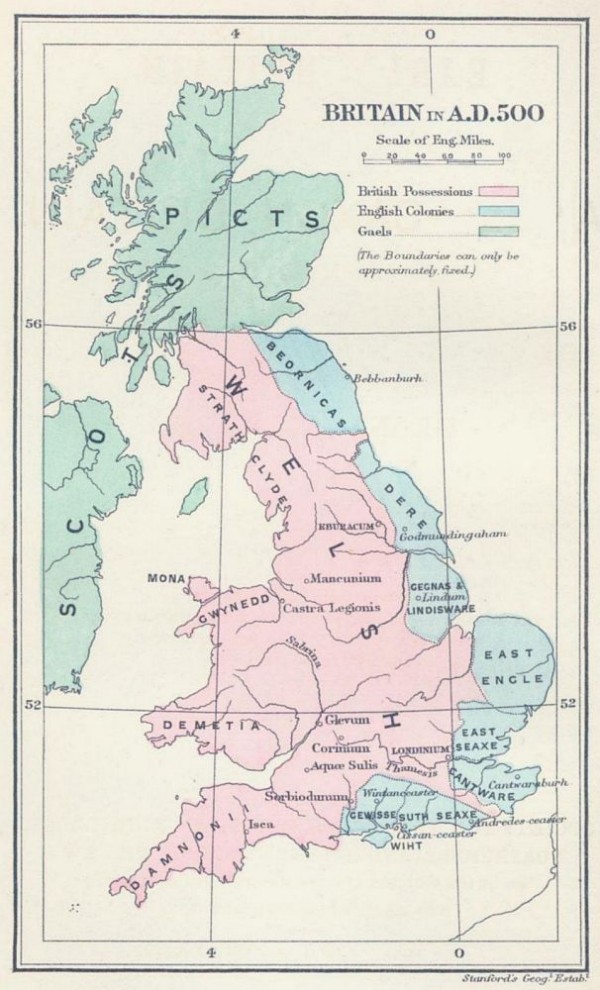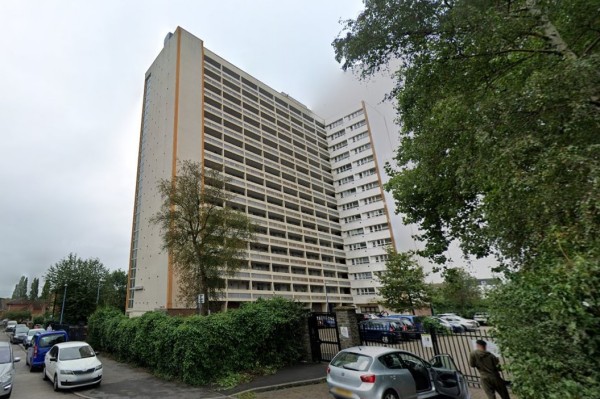Many years ago, your ‘umble scribe remembers a fellow pupil in German class being admonished as follows by Mr. Wreford, our teacher: “Boy, you are arrogant in your ignorance; and ignorant in your arrogance!“
That same mixture of arrogance and ignorance can still be found today: if anything more easily thanks to social media
.
Which brings us to Twitter – now rebranded X by rich man-baby Elon Musk – and the account of Jesse Kelly, the conservative talk show host of The Jesse Kelly talk radio show.
Being a professed conservative, Jesse is naturally a very patriotic man, as can be seen from the following tweet.

American art and architecture, Jesse?
Somehow you failed to engage brain before tweeting and have ended up with you foot lodged firmly in your mouth.
In case Mr Walker happens to be passing, here’s a quick history lesson on the Statue of Liberty or Liberty Enlightening the World or even a Liberté éclairant le monde for reasons which will soon become all too apparent.
The statue itself is a colossal neoclassical sculpture on Liberty Island in New York Harbor in New York City, which was was dedicated on October 28, 1886.
So far, so American.
Now things start to change, so pay close attention, Jesse! 😀
The statue is a figure of Libertas, the Roman goddess of liberty holds a torch above her head with her right hand, whilst in her left hand she carries a tablet inscribed JULY IV MDCCLXXVI (July 4, 1776, in Roman numerals), the date of the U.S. Declaration of Independence. A broken chain and shackle lie at her feet as she walks forward, commemorating the national abolition of slavery following the American Civil War. After its dedication, the statue became a symbol of freedom and of the United States, particularly welcoming to impoverished European immigrants arriving by sea.
There are still more European connections to come, so don’t nod off just yet, Jesse!
The statue was designed by the French sculptor Frédéric Auguste Bartholdi the metal framework on which its copper outer skin was hung was built by Gustave Eiffel. yet another Frenchman Jesse might just have heard of due to some ironmongery he left lying about in central Paris. That’s Paris, France not Paris TX, by the way, and should not be confused with the 1984 film of the same name by German director Wim Wenders.
Just one more little history lesson on the Statue of Liberty left now, Jesse.
The heavy Gallic references might provide a hint of what it might be: the statue itself was a gift to the USA from the people of France. Where else?
Update 28/12/23
Your correspondent is not the only person to have pointed out Kelly’s mistake, as reported by Raw Story, which notes that a community note was added to the Kelly’s original post in which readers added context to Kelly’s image, stating very much the same as above, but in more temperate tones.
However, even this gentle correction did not go down well with the MAGA mouthpiece, who responded as shown below.
![Kelly's new tweet reads: I thought [Elon Musk] taking over would let freedom ring on this site. Guess I was wrong. Sorry, but these colors don’t run.](http://xislblogs.xtreamlab.net/slwoods/wp-content/uploads//sites/23/2023/12/jesse-kelly-responds-to-statue-of-liberty-correction.jpg)
Your colors may not run, Jesse, but here’s a bit of free advice: when you are in a hole, particularly one you’ve excavated all on your own, stop digging and put the shovel down. 😀


 A couple from the
A couple from the 



![Kelly's new tweet reads: I thought [Elon Musk] taking over would let freedom ring on this site. Guess I was wrong. Sorry, but these colors don’t run.](http://xislblogs.xtreamlab.net/slwoods/wp-content/uploads//sites/23/2023/12/jesse-kelly-responds-to-statue-of-liberty-correction.jpg)

 News arrived today of a bizarre feudal remnant – one used by a human bizarre feudal remnant line his own already well-stuffed pockets.
News arrived today of a bizarre feudal remnant – one used by a human bizarre feudal remnant line his own already well-stuffed pockets.